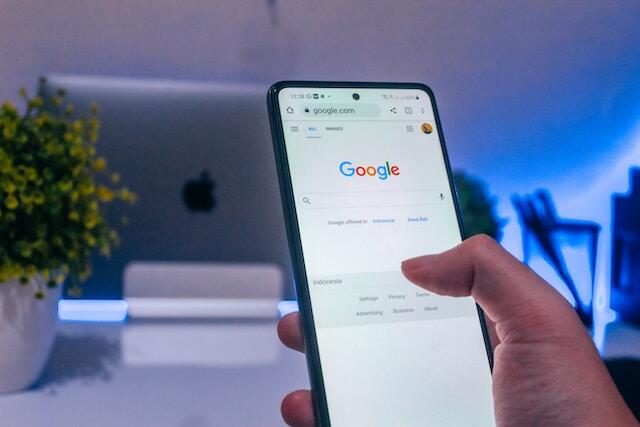Google has announced that rolling out generative artificial intelligence (AI) to its core search engine. The announcement follows Microsoft’s announcement earlier this year that GPT-4 will be incorporated into its Bing search engine.
Search Generative Experience – which will be part of Google – will craft responses to open-ended queries, the company said. However, the system will only be available to a small number of users whilst it is in an experimental phase.
“We are reimagining all of our core products, including search,” said Sundar Pichai, the boss of Google’s parent company Alphabet.#
More from News
- Are AI Startups Investing In Teachers Learning AI A Good Move For Education?
- Can a Robot Really Perform Surgery Without Human Help?
- Reports Show Fewer Students Chasing Tech Careers, Here’s Why
- Undersea Cables And Digital Systems At Risk, MPs Warn
- Government Partners With Google Cloud To Modernise Tech, Here’s How
- What Is Jack Dorsey’s New App, BitChat?
- Students Are Sneaking Secret AI Phrases On Academic Papers
- How Will The Rise Of AI Influencers Impact Content Creators?
The company has also announced a new feature where users will be warned about unknown AirTags, which have been used to track personal items like luggage, keys and wallets but has also been used in cases of stalking.
The technology giant said the “unknown tracker alerts” would go live this summer.
Microsoft is also in the AI race, as it announced it is deploying ChatGPT technology into its search engine Bing, after investing heavily in the company that developed it, OpenAI. Chinese tech giant Baidu also has a chatbot, called Ernie.
Chirag Dekate, analyst at Gartner, said Google remained an industry leader and was well poised to benefit in the interest in AI.
“Google has the tools to dominate the AI battles, the perennial question is – will they?” he said.



